SolarWinds Cyber Attack Update 12/17/2020
Scott R. Davis
DECEMBER 17, 2020
Reuters talked to the security researcher Vinoth Kumar whom reportedly alerted SolarWinds back in 2019 that anyone could access the company’s update server using the password ‘solarwinds123’, adding that this could have been done by any attacker. Yesterday, Solarwinds released the hot fix 2020.2.1


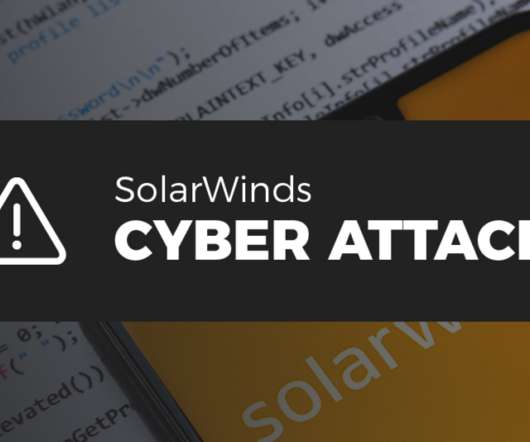

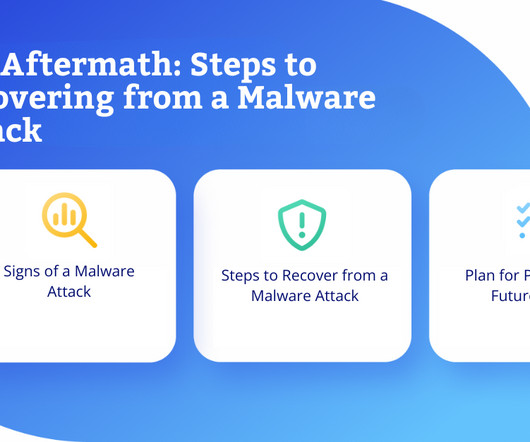
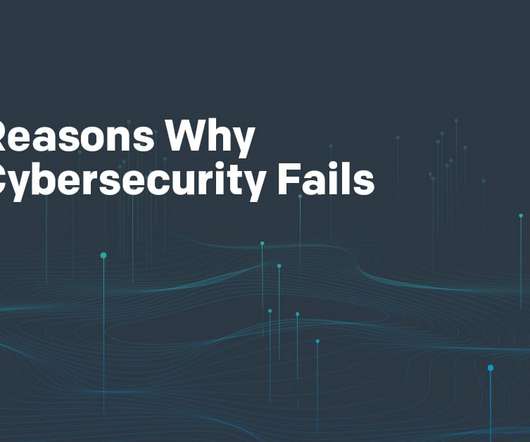
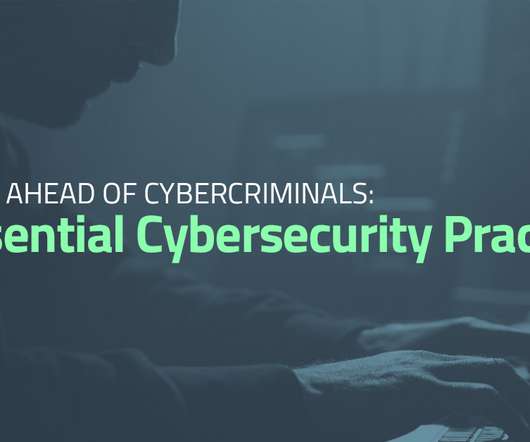

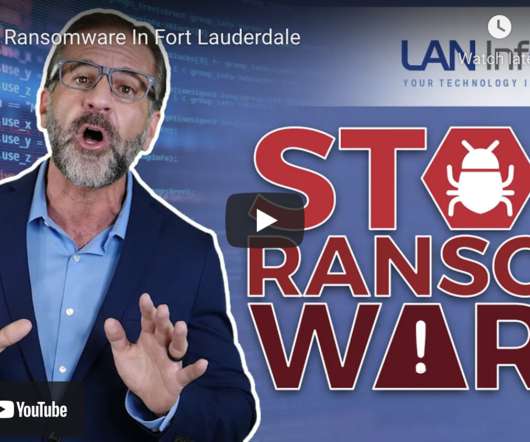
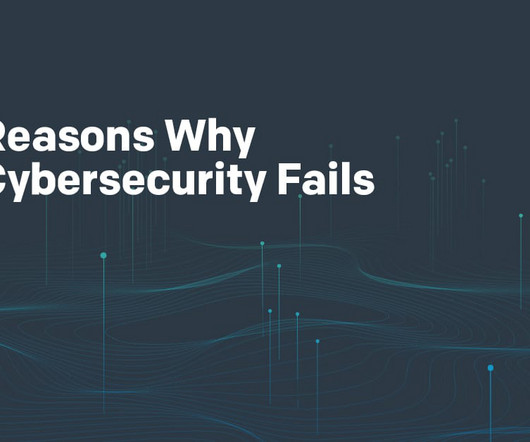
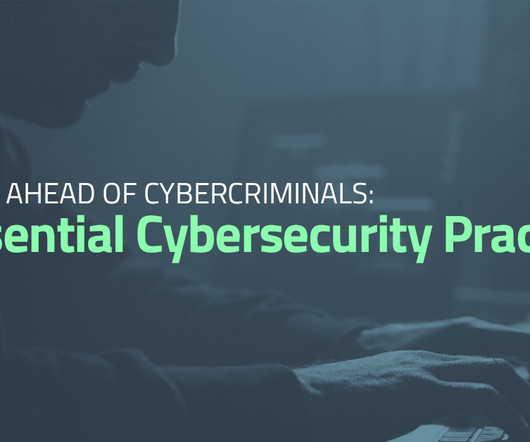
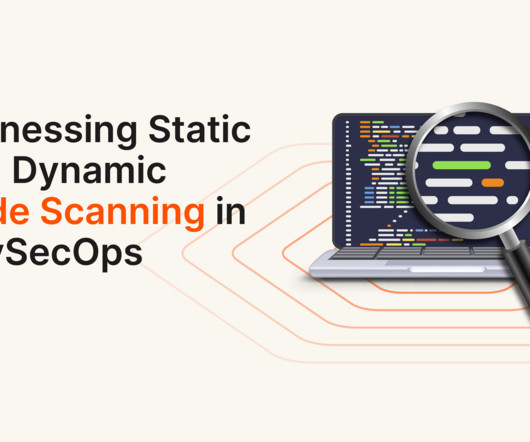






Let's personalize your content